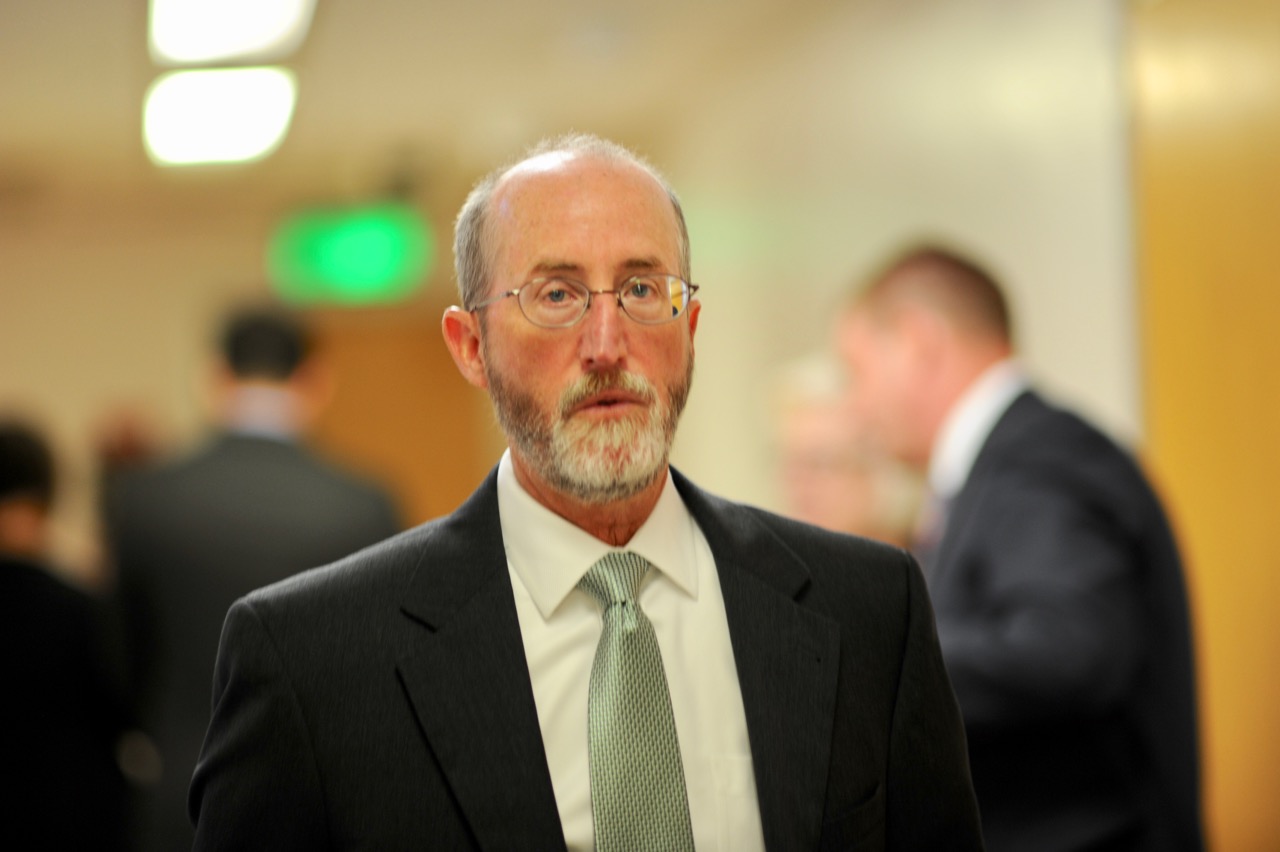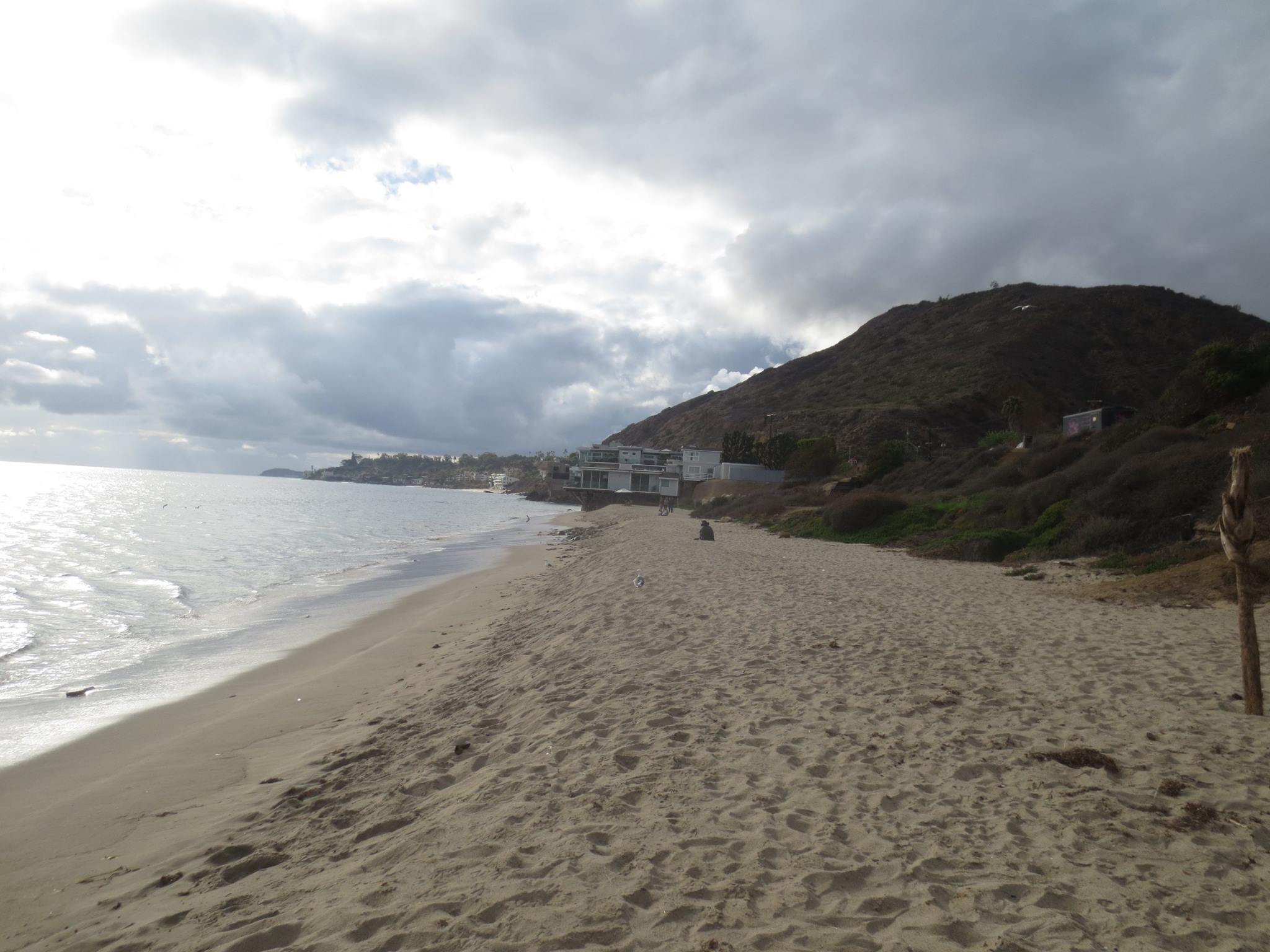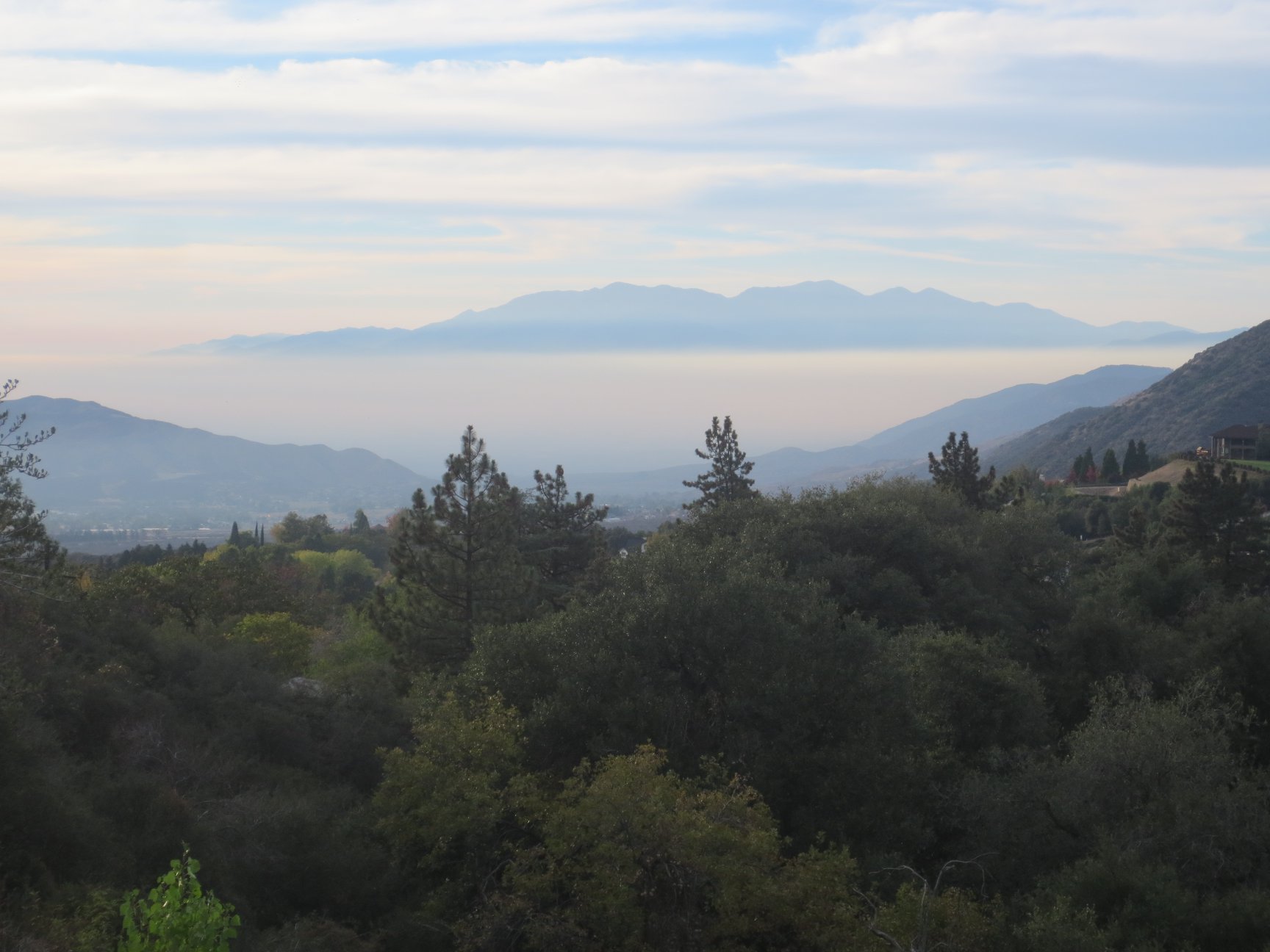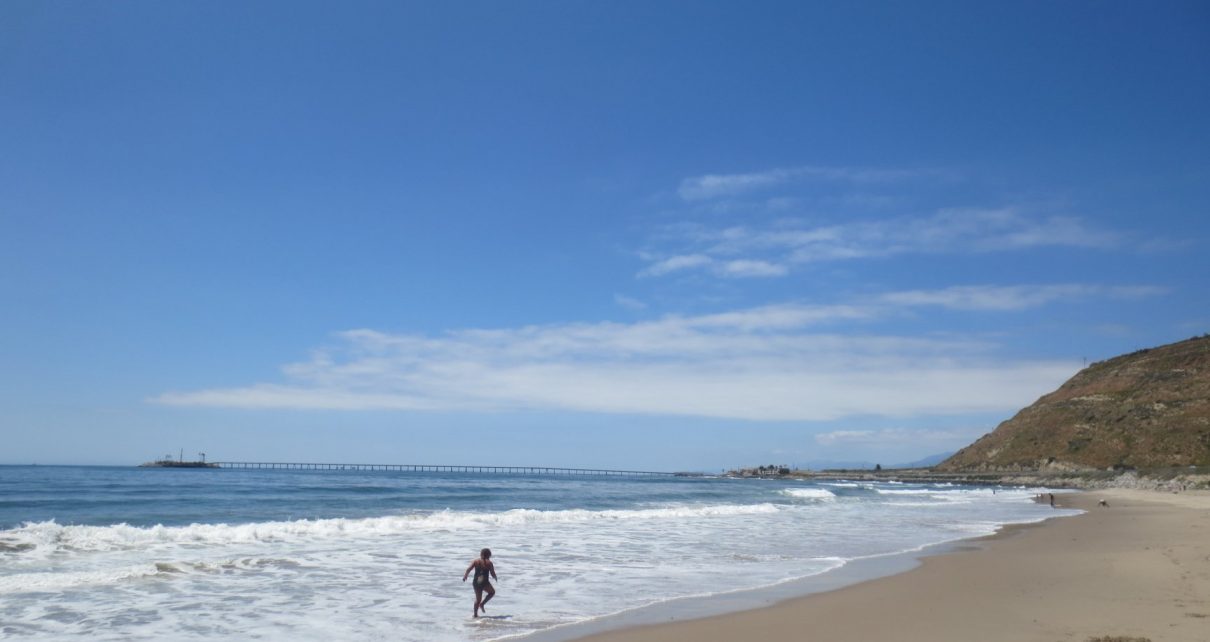
Oil Piers Beach. (Evan Symon for California Globe)
The Sordid History of the California State Beach Smoking Ban: Part I – The Stolen Bills
Stolen Bills, Environmental Damage. and the Mysterious Pro-Smoking Amendment
By Evan Symon, September 16, 2019 12:51 pm
On the eve of the signing of SB 8 and AB 1718, the bills that would ban smoking in state beaches and parks, the California Globe has uncovered new information about the developments, changes, and consequences of the bills. In an exclusive three-part series, we will bring to light the ways in which the bills with near-universal support, were harmfully doctored and betrayed the trust of many of its one time supporters.
In the first part of our series on the state beach and park smoking ban bills we examine the history of the bills, including the environmental activist who brought the most recent iteration of the bills to life and how some politicians erased his involvement and contributions to the series of bills.
The push to ban smoking in state beaches and parks has been going strong in California for over a decade. During former Governor Arnold Schwarzenegger’s term in office SB 4 came up. In 2013 Assemblyman Richard Bloom (D-Santa Monica) backed the similar AB 1142, which didn’t make it past Assembly committees.
The idea stayed quiet for a few years. Then, in 2016, environmental activist and U.S. Army Veteran Scott St. Blaze came into the picture. St. Blaze, an avid surfer, was picking up litter on Bolsa Chica State Beach in Orange County when he noticed that it largely consisted of cigarette butts.
“I decided enough was enough,” St. Blaze told the Globe. “I began doing research on what I felt would be a bill proposal worthy of being picked up by a state representative.”
Former State Senator Marty Block (D-San Diego) eventually picked it up, and he helped turn St. Blaze’s language into SB 1333.
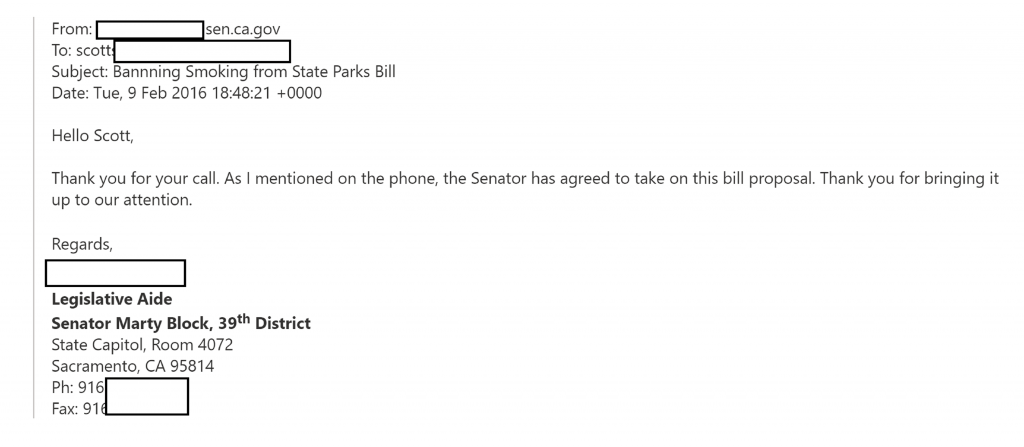
The bill was passed by the Assembly and the Senate but was ultimately vetoed by former Governor Jerry Brown.
After the veto, Senator Block left to accept an Unemployment Insurance Appeals Board position, St. Blaze went to other Senators to try and get it passed in 2017. That’s when he got interest from the office of Senator Steve Glazer (D-Orinda).
“While shopping the bill proposal around in 2016, I met a staff member from Sen. Steve Glazer’s Office,” said St. Blaze. “They had assured me that if I were to allow Glazer to ‘author’ the bill in the 2017 session, Glazer’s people and I would work closely together to get the bill passed. When Sen. Block announced that he would not be seeking reelection, I immediately gave my contact at Glazer’s office a call.”
However, at the same time, St. Blaze’s draft had also found it’s way to Assemblyman Marc Levine (D-San Rafael). Both St. Blaze and “Dana,” an anonymous source who works in the State Capitol both confirmed that an aide who received the original language for the bill brought it to Assemblyman Levine without St. Blaze’s permission.
“[They] didn’t ask for permission, nor did they say where it came from,” remembered Dana. “And there were suddenly two oddly similar bills out there. From what I saw it reminded me in college where someone obviously plagiarized another student, but you couldn’t tell who took from who.”
“I was never asked whether it was okay for Levine to use my bill,” added St. Blaze. “[The aide] had my e-mail address and telephone number, so he could have easily asked, or at the very least told me that Marc Levine was interested. Glazer’s office had introduced SB 386 before Levine’s AB 725, and once I found out what Levine was up to, I immediately phoned Glazer’s office, who got Glazer’s big dogs on it. I was told by Glazer’s people that Levine had agreed he would back off.”
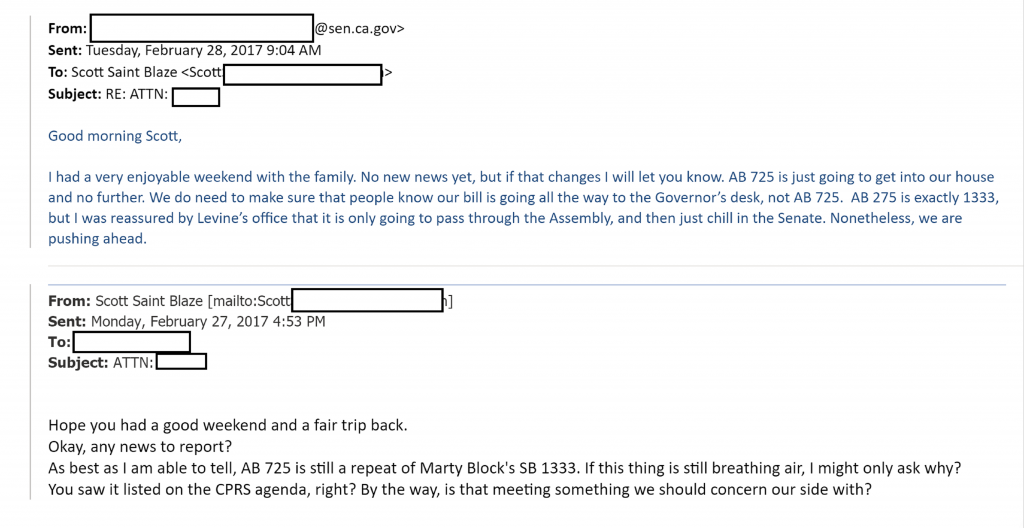
The 2017 bills were vetoed again by former Governor Brown.
“Around that time Levine started to spearhead it.” said Dana. “No one was happy that Brown vetoed another ban.”
In 2018 Assemblyman Levine and Senator Glazer backed three bills. Assemblyman Levine introduced AB 1097, while Senator Glazer went for a state park ban and state beach ban in separate bills, SB 835 and SB 836 respectively.
In these bills however, the language had been significantly changed.
According to Dana, wording and language was changed to make them easier to pass. They specifically recall how the language became more “generalized” and hoped that one or more of them would stick and not be vetoed.
St. Blaze was also worried about the bills he helped create.
“I had a lengthy conversation with Bryan King, Glazer’s legislative director, detailing the faults of the bill’s new language and explaining that no matter how it was candied coated, if Jerry Brown did not want to do something, he was not going to do it.” recalled St. Blaze. “ Bryan agreed, though assured me that if this plan did not work and the bills were vetoed, we would return to the stronger language for the 2019 legislative session.”
All three bills were again vetoed by former Governor Brown. But then came the election of Gavin Newsom. For supporters, 2019 was a new hope for a smoking ban on beaches and parks. Senator Glazer and Assemblyman Levine subsequently decided to work together on two bills, SB 8 and AB 1718. With Gavin Newsom’s history of being for anti-smoking laws in San Francisco, only one bill was needed to finally be passed.
To help ensure that the bill wouldn’t dilute the ban or give cigarette companies any leeway, St. Blaze teamed up with the California State Park Rangers Association (CSRPA). They personally met with Glazer’s office over issues with SB 8, but couldn’t find a compromise. Extended talks with the CSRPA also failed.
By this time St. Blaze was refusing to work with Glazer’s team over what they had done to his original language. In turn, Glazer cut him off.
At a committee hearing earlier this year, Sen. Steve Glazer publicly denounced me, declaring that he “has no idea who he (Scott St. Blaze) is, and have never heard of him before.” St. Blaze said. He followed with, “I doubt that he has any connection to this legislation whatsoever.” Glazer also said this despite numerous meetings, and even photographs of St. Blaze and the CSRPA meeting with Glazer’s staff.
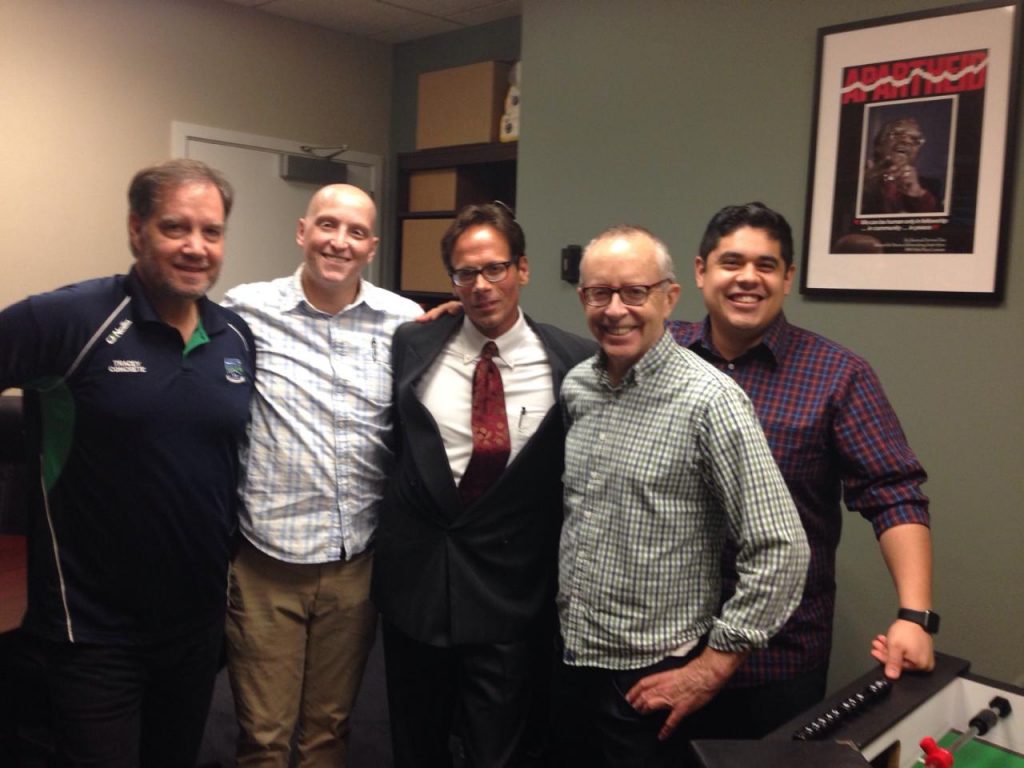
Dana told the Globe more bluntly what had happened. “It was stolen from him. Twice. First someone from Levine’s office took what was his bill without even asking, and then Glazer said he had nothing to do with it.”
“This is essentially his work, and Glazer and Levine took it for themselves, for all the credit. This is the type of law that looks good to voters. Most people don’t smoke or are worried about it, so when they see what they hate wrote on a mailer or online, it’s a big plus.
This sort of thing happens, like no credit being given, but he had fought for years on this, and is being left out in the cold.”
An aide from Senator Glazer’s office simply said of the bill, “The Senator has been working on this for the past few years. He has been hearing about this a lot from constituents, and he decided that something must be done.”
Today, Scott isn’t even as so much as mentioned by Assemblyman Levine or Senator Glazer for his contributions. St. Blaze even opposes the bills he once worked tirelessly for. But it isn’t because of spite or retaliation.
““There existed solid, well researched legislation, which would have reduced cigarette waste, helped prevent wildfires, and ultimately saved the State of California, millions of dollars every year,” explained St. Blaze. “Why the Levine-Glazer team decided to throw the whole thing overboard and replace it with bills so riddled with massive loopholes and double-talk, doesn’t seem to make a whole lot of sense. It is like they are selling something that is already broken. Equally upsetting, the taxpayers will be paying for it all.”
Dana agrees, but focuses on the part which could have wide-spread and devastating consequences: the environment. “If you really want to see the damage that something ‘of good intentions’ can do, look no further than the environmental impact of SB8 with those new amendments.,” stated Dana. “It makes you wonder why the Senate even voted for this in the first place.”
Next: Part II – The Environmental Damage of SB8 and AB 1718
- San Diego Country Supervisor Jim Desmond Calls San Diego New Epicenter Of Illegal Crossings By Migrants - April 27, 2024
- Oracle Moving Headquarters Out Of Austin Only 4 Years After Moving Out Of California - April 26, 2024
- Congressman Adam Schiff Robbed of his Luggage in San Francisco Car Break In - April 26, 2024


